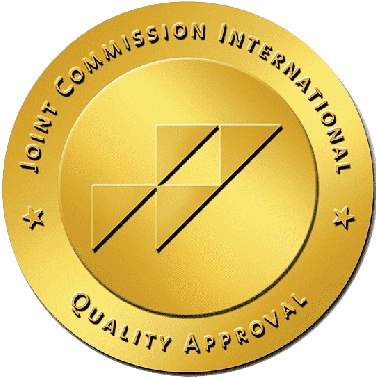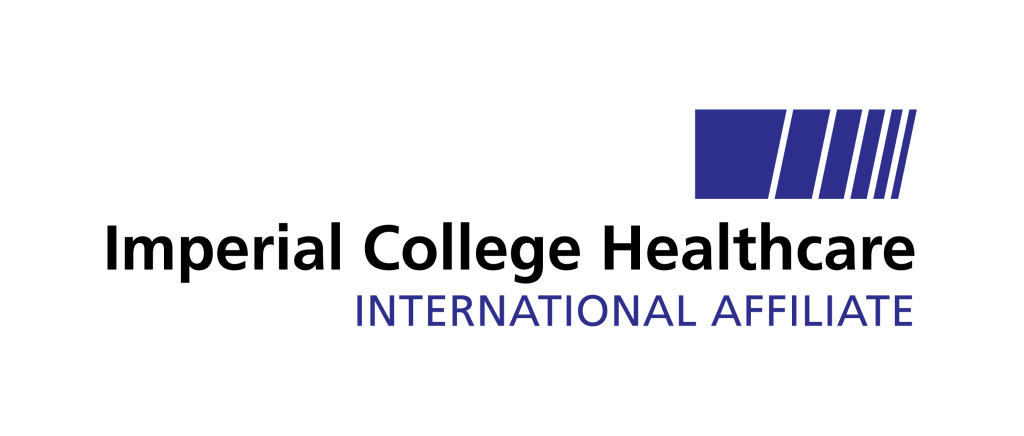The role of the physiotherapist includes, but is not limited to:
- Assessment of clients with actual or potential impairments, pain, functional limitations, disabilities or other health related conditions using detailed history taking, as well as specific tests and measures for screening, establishing a diagnosis and monitoring change.
- Diagnosis resulting from assessment findings and clinical reasoning to determine abilities, functional needs and potential for change.
- Planning intervention strategies that address prognosis and follow-up and incorporates the application for selected approaches and techniques supported by the best evidence available and then communicating the plan to the patient and interdisciplinary team.
- Physiotherapy intervention typically includes the development of a client management program that encourages independence and uses various methods, techniques and education to produce changes in the client’s functional status consistent with assessment findings, diagnosis and prognosis.
- Implementing selected interventions safely to relieve pain; achieve and maintain health and fitness, functional independence and physical performance, and manage the identified impairments, disabilities and limits to participation.
- Evaluation of health status as a baseline for monitoring or to determine the result, impact or effectiveness of physiotherapy intervention.
- Screening for chronic and secondary conditions to promote prevention and early intervention.
- Consulting with patients and provide professional advice and solutions as part of an interdisciplinary interprofessional team.
- Program development, delivery and evaluation to support health and wellness for individuals, families, or groups.
- Research that encompasses the application of critical inquiry, as well as participation in or assessment of findings from research activities.
- Case management related to planning, directing, organizing and monitoring service delivery and effective utilization of resources.
- Communication with clients, team members and other stakeholders to achieve collaboration and service coordination.
Requirements:
- Essential
- Bachelor’s degree in Physiotherapy from an accredited institution
- Licensed to practice or actively registered as Physiotherapist under MoPH in home country.
- 1 to 3 years’ experience in a hospital setting with outpatient clinic and inpatient service.
- Proficient level in English language.
- Good knowledge and use of Microsoft suite and spreadsheets.
- Ability to work in an interdisciplinary team environment
- Ability to prioritize, manage time effectively and be flexible in a very active work environment.
- Ability to critically appraise primary literature and use best practice health care literature databases.
- Preferable
- Female, QCHP licensed
- BLS or ACLS or CPR certified
- 3 to 5 years’ experience in a hospital setting with outpatient clinic and inpatient service.
- Completed post-graduate education or Master’s degree holder, western-trained/qualified, in areas such as advanced Physiotherapy techniques, health promotion, disease prevention and chronic disease management, neurology or neuro-rehabilitation, Sports Rehabilitation, Women’s health.
- Arabic-speaking
- Post-graduate training in areas such as orthopedic manual therapy, dry-needling, women’s health and/or pre/post-natal rehabilitation
- Familiarity with the development of fitness programs or holding an accredited personal fitness training certification (from ACSM, ACE, etc.) highly desirable
- Experience with, or willingness to receive training in electronic medical record software; and familiar with internet-based literature searching databases.






